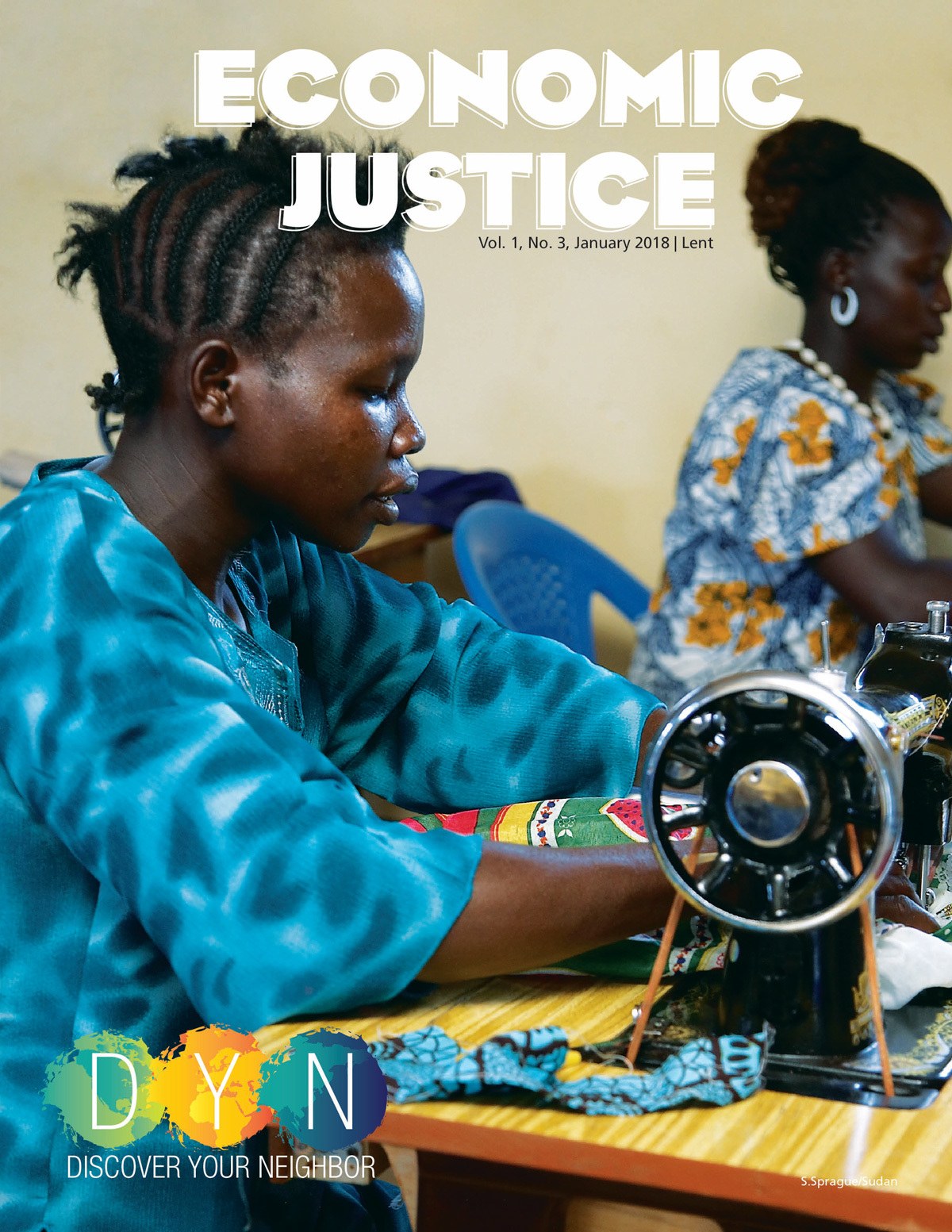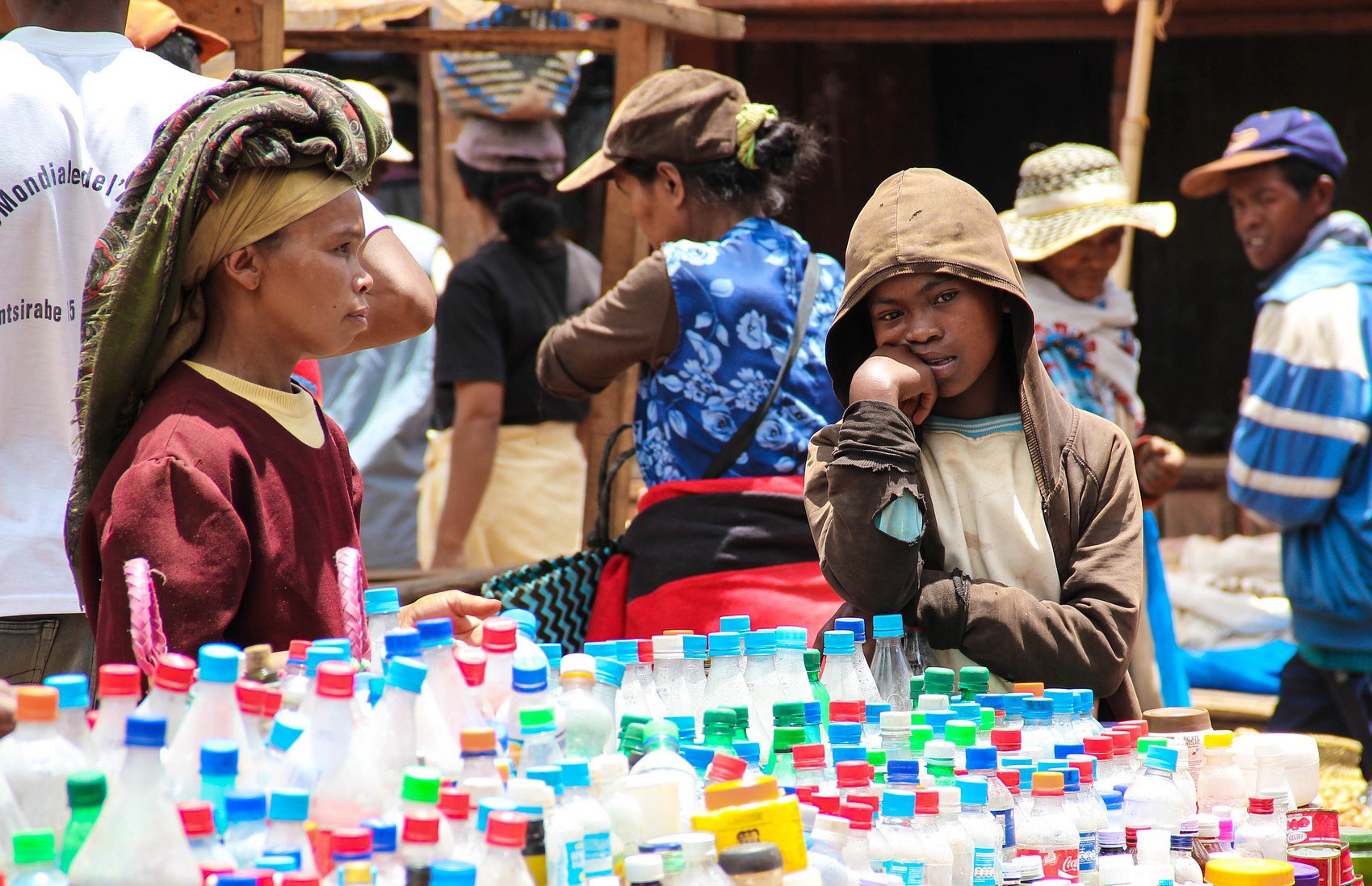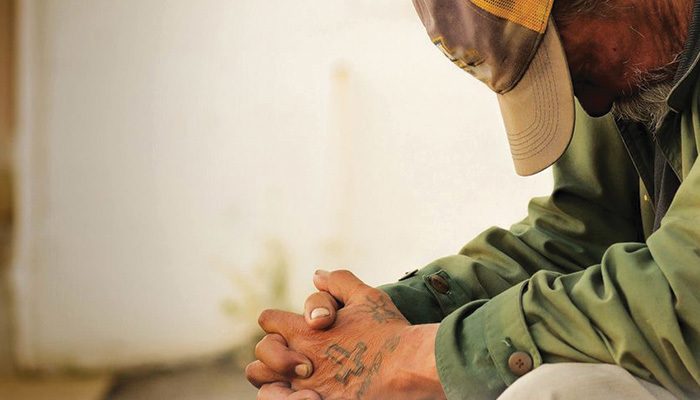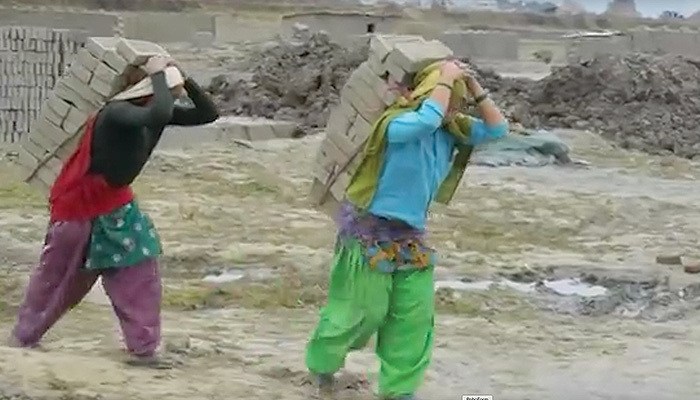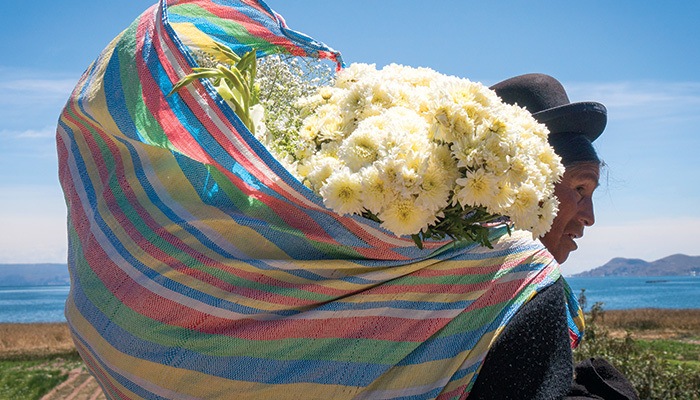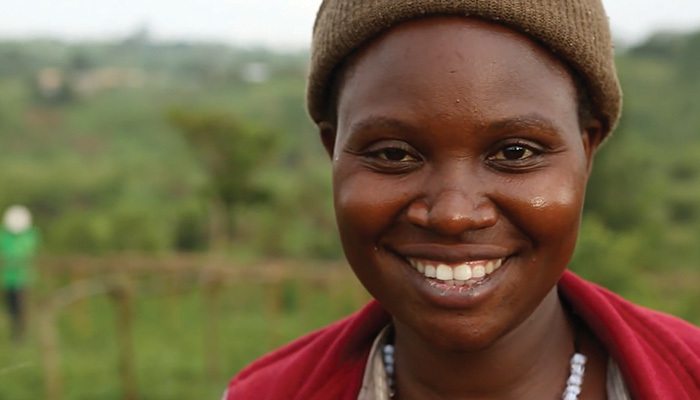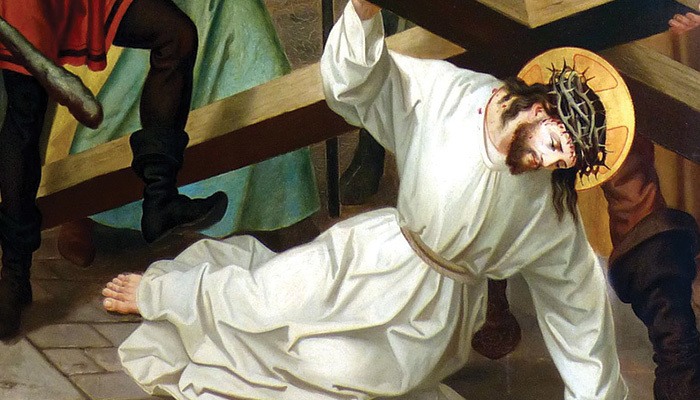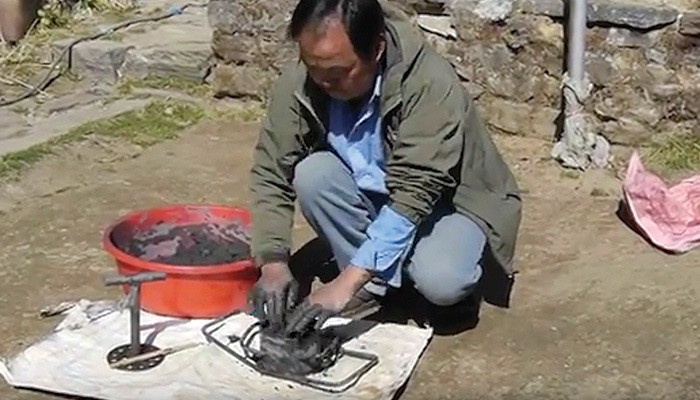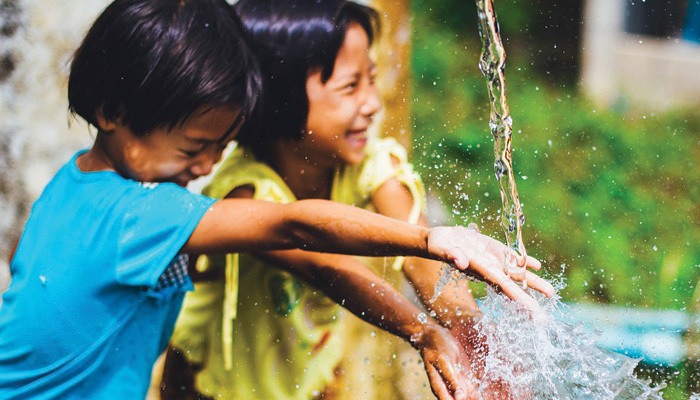Download the:
Living our faith means building a society that values all people.
We experience true joy by being in right relationship with God, each other, and creation. Catholic Social Teaching reminds us that each person has inherent dignity, which includes having their basic needs met. We identify injustice by recognizing the inequities between those with greater and fewer economic resources.
Jesus teaches that our salvation depends on how we as a society treat the least among us (Mt. 25). Through encounter with one another, the rich and the poor together encounter the joy of the Gospel and are mutually transformed.
Read additional thoughts from Pope Francis: The Church has realized that the need to heed [the cry of the poor] is itself born of the liberating action of grace within each of us, and thus it is not a question of a mission reserved only to a few: “The Church, guided by the Gospel of mercy and by love for mankind, hears the cry for justice and intends to respond to it with all her might”..
In this context we can understand Jesus’ command to his disciples: “You yourselves give them something to eat!” (Mk 6:37): it means working to eliminate the structural causes of poverty and to promote the integral development of the poor, as well as small daily acts of solidarity in meeting the real needs which we encounter. (Evangelii Gaudium, 188).
Additional Reading: Read Economic Justice for All, the U.S. Bishops’ pastoral letter on Catholic Social Teaching and the U.S. economy.
INSTRUCTIONS BEFORE PRAYER: Close your eyes. Remember a time when you needed someone’s help because you were hurt, worried, or struggling. Remember someone who helped you. How did you feel when you received help? Now bring these feelings to God as we pray this prayer.
Loving God,
You created us as sisters and brothers, a family that cares for one another.
Thank you for the people in our lives who look out for us, and take care of us when we are hurt or in need.
Help us to put others first, especially those people most in need around the world. Inspire us to show them the love that we receive from others.
Amen
Step 2: Personal Connections
OBJECTIVE: Students will examine global injustice and consider the appropriate response in light of Catholic teaching.
WHAT IS JUSTICE? Based on Scripture, the Catholic Church understands justice as “right relationship.” This means that all people are in a loving, respectful relationship with God, creation, and each other.
WARM UP: Sit in rows facing a box at the front of the room. Starting with the back row, take turns trying to throw a ball into the box. You cannot stand up or move closer to the box.
DISCUSS: How did you feel when you heard the rules of this activity? How did you feel while you were competing? How was the experience different for each row? How would you feel if you had been competing for food, shelter, water, education, or work?
EXTENSION: Assign students positions using the downloadable Country cards for warm up activity. (See explanation of economic inequality indicators below.)
READ NEIGHBOR FOCUS.
ACTIVITY: A student stands at the front of the room facing the box. Classmates take turns calling out the challenges Kabita faced in her life. Each time a challenge is named, Kabita takes one step backwards.
PAUSE to note the distance between Kabita and the box.
DISCUSS: How is Kabita’s reality similar to or different from our own? What actions does Kabita take to succeed? What might have happened if no one else helped her? How would you feel if Kabita was a member of your family?
READ FAITH PERSPECTIVE.
DISCUSS: Where would this community be seated in the box game? How do you think Fr. Shaun felt when the community in Bolivia shared their food with him? What can we learn from the community in this story about how to respond to the needs of others?
AS A CLASS create new rules for the box game that you think better represents a society that is more equitable or just.
When Kabita Rai was a young girl, her family left their home to find better employment opportunities. Her father took out a loan from the owner of a brick factory in order to pay for her education. To help repay the loan, Kabita made bricks alongside her parents after her classes each day.
When Kabita’s mother became sick and could no longer work, Maryknoll Father Joseph Thaler arranged for a scholarship to help Kabita continue her studies. Even with the scholarship, Kabita continued to make bricks. In her last year of high school, her mother was hospitalized and nearly died. Kabita helped care for her mother, went to school, and worked alongside her father to keep food on the table.
She graduated high school, and began studying for a degree at a college a half-hour’s walk from her home. After a couple of years of college, Kabita began teaching at the Maryknoll daycare and nursery school for the children of brick factory workers while she continued to study for her degree. All the while, she kept making and hauling bricks.
Read more about Kabita in the article Kabita’s Dreams from Maryknoll magazine.
Watch A Maryknoll Mission in Nepal: Easing a Life of Hard Labor to learn more about the lives of Nepalese brick makers with Maryknoll Father Joe Thaler.
“A few years ago, I was in Bolivia helping out at a school and parish in the countryside. Once, I visited a small community of indigenous people, who live in simple houses without running water and sometimes without electricity. As I walked down the hill to the village, the people came outside to welcome me with open arms. Each of the women wore a bright-colored woven blanket, called an aguayo, tied to her back to carry things. The women sat down on the ground and opened these colorful backpacks. To my surprise, they were filled with food to share. We ate with our hands and sat around the food, talking with one another.
“Jesus broke bread with the disciples and said, ‘Do this in memory of me,’ reminding us to be the body of Christ in the world. Christ is the bread of life given to us to share with others. We are a global family united in Christ through communion.” – Fr. Shaun Crumb, M.M.
Learn more about Fr. Shaun by reading his vocation story.
Watch Maryknoll Mission in Bolivia to learn more about the Maryknoll Society’s work.
READ ONE OF THE FOLLOWING:
Read one of the following:
6th Grade: Isaiah 58:6-11
7th Grade: John 6:1-15
8th Grade: Acts 4:32-36
REFLECT:
REWRITE this Scripture passage as if it were about our world today: Who is hungry, oppressed, or in need in our world? What talents and resources do you have to help meet their needs?
Read Missionary Discipleship and the Call to Get Involved. Reflect on the words that Jesus quotes from the Book of the Prophet Isaiah, “The Spirit of the Lord is upon me, because he has anointed me to bring glad tidings to the poor. He has sent me to proclaim liberty to captives and recovery of sight to the blind, to let the oppressed go free…” (Luke 4:18). BRAINSTORM: What steps can you take this Lent to get more involved in the lives of people who are suffering in our world?
Read the photo meditation Ways of Mercy from Maryknoll magazine. CREATE A POSTER showing what “mercy” means to you.
The U.S. bishops explain that, “As Christians, we are called to respond to the needs of all our brothers and sisters, but those with the greatest needs require the greatest response” (EJA 16).
Watch CST 101: Option for the Poor and Vulnerable to learn more.
Reflection Activity: Read The Workers in the Vineyard (Matthew 20:1-16). Discuss:
Step 4: Take Action

